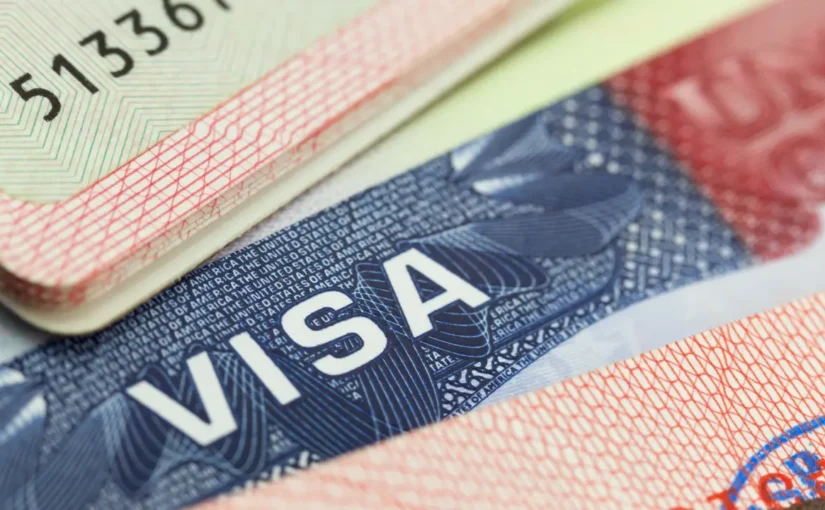
12 Questions Employers Ask About the L1 Visa in Calgary
The L1 Visa in Calgary plays a crucial role for employers who want to transfer skilled employees from offices abroad to their Canadian-based branches. For companies operating in global markets, this visa provides a pathway to move staff with specialized knowledge or managerial skills. Yet many employers are unsure about the details, requirements, and procedures.
Why Do Employers Rely on the L1 Visa in Calgary?
Employers in Calgary often rely on the L1 pathway for three reasons:
- Continuity of leadership – bringing in trusted executives ensures that the company culture and strategy remain aligned.
- Transfer of knowledge – staff with specific expertise can train local teams and establish new projects.
- Operational flexibility – companies gain the ability to respond quickly to expansion opportunities without lengthy local hiring processes.
The L1 Visa enables businesses to expand into international markets while maintaining operational consistency.
To help clarify, here are 12 common questions employers ask about the L1 Visa, explained in straightforward terms.
1. What is the L1 Visa in Calgary?
Employers often want to know the definition before starting the process. The L1 Visa in Calgary is a temporary work permit that allows international companies to transfer employees from a foreign office to a branch, affiliate, or subsidiary in Canada. Executives, managers, or workers with specialized knowledge and expertise typically utilize it.
2. Who qualifies for an L1 Visa?
The second common question employers raise is about eligibility. Employees must have worked with the company abroad for at least one continuous year in the last three years. The L1 Visa in Calgary primarily applies to two categories: L1A for managers and executives, and L1B for employees with specialized knowledge and expertise.
3. How long does the L1 Visa in Calgary last?
Employers frequently ask about duration. Immigration authorities typically issue the L1 Visa for a period of one to three years, depending on the individual’s circumstances. Applicants can request extensions, but the total stay length differs between the L1A and L1B categories. Executives and managers may stay longer than specialized knowledge employees.
4. Can employees on an L1 Visa in Calgary bring their families?
Another point employers ask about is family sponsorship. Workers who hold an L1 Visa can bring their spouse and dependent children. Spouses may apply for work authorizations, while children can attend school.
5. What documents are required for the L1 Visa in Calgary?
Employers are often concerned about paperwork. Essential documents include proof of the company relationship between the foreign and Canadian office, evidence of employment abroad, and a description of the role the employee will hold in Canada. Each L1 Visa application requires detailed records to meet immigration standards.
6. How does the L1 Visa differ from other work permits?
Employers sometimes wonder if they should consider alternative permits. Unlike open work permits, the L1 Visa is employer-specific. The program targets intracompany transfers, not employees seeking new jobs in Canada.
7. Is there a quota on the L1 Visa in Calgary?
Questions about restrictions come up frequently. The good news for employers is that there is no annual quota or cap for the L1 Visa. It makes it a reliable option for companies that need to transfer talent without worrying about limited slots.
8. What is the processing time for the L1 Visa in Calgary?
Employers need to plan, so timing is a key concern. Processing times for the L1 Visa vary depending on the individual case, the documentation provided, and the Government’s workload. On average, it can take several weeks to a few months.
9. Can an L1 Visa in Calgary lead to permanent residency?
Many employers want to know about long-term possibilities. While the L1 Visa in Calgary is temporary, it can provide a stepping stone toward permanent residency. Managers and executives may be able to apply for permanent residence through specific immigration streams.
10. What should an applicant do if Canadian authorities deny an L1 Visa?
Employers worry about the possibility of rejection. Authorities may deny the application if the documents are incomplete or the applicant fails to meet the eligibility requirements. However, the employer can often reapply after addressing the issues. Proper preparation is crucial for a successful L1 visa application in Calgary.
11. How much does the L1 Visa in Calgary cost?
Employers also ask about expenses. Fees for the L1 Visa include Government processing charges and, in some cases, legal support. Costs vary, but businesses need to budget for both filing fees and professional assistance.
12. Why should employers seek guidance for the L1 Visa?
The final question many employers ask is whether they need help. The L1 Visa in Calgary involves detailed requirements, company documentation, and strict timelines. Many employers choose to work with professionals who understand immigration rules, which helps reduce errors and delays.
Final Thoughts
Employers in Calgary who need to transfer staff across borders often turn to the L1 Visa in Calgary as a practical solution. By answering the most common questions, businesses gain a clearer understanding of how this visa works, the required documents, and the potential pathways it opens for those seeking professional assistance. Firms such as American Visas guide them through every step of the process.
Popular Posts
- The #1 Mistake a US Immigration Lawyer Can Help You Avoid at the Border
- 8 Essential Steps for a Smooth TN Status Renewal
- Calgary Braces for Changes as Canada Prepares the 2026–2028 Immigration Plan
- Canada’s Population Growth Slows as Immigration Policies Tighten
- 12 Questions Employers Ask About the L1 Visa in Calgary
